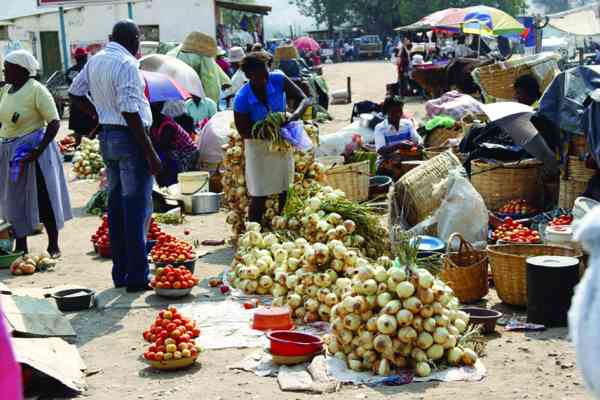
A VILLAGER from Zhombe in the Midlands, has succumbed to high blood pressure after losing 37 heads of cattle to January disease, a tick-borne infection.
This emerged at the commissioning of the Senkwasi village business unit and a solar-powered dip tank in Zhombe’s Senkwasi village on Monday.
The village business unit, funded under the Constituency Development Fund, is designed to unlock economic opportunities for locals through agricultural and entrepreneurial ventures, while the solar-powered dip tank aims to stem the devastating impact of January disease, a deadly tick-borne infection that has decimated livestock in the area.
Zhombe legislator, Edmore Samambwa, praised the community’s initiative and the life-saving potential of the dip tank.
“This dip tank is not just infrastructure, it is a lifeline. One of our villagers recently passed away from high blood pressure after losing 37 cattle to January disease. This facility could have prevented such a tragedy,” he said.
January disease, also known as theileriosis, is a tick-borne disease that severely impacts cattle, particularly during the rainy season, with the highest number of cases typically occurring in January.
Midlands Provincial Affairs and Devolution minister, Owen Ncube, reiterated government’s vision of inclusive development.
“This project reflects the new dispensation’s commitment to bridging the rural-urban divide. Through climate-smart technologies and sustainable infrastructure, we are transforming rural communities to hubs of productivity and empowerment,” he said.
- Veteran football administrator Chishanga dies
- Feature: Zim-A country at yet another crossroads
- Politicians must walk their peace talk
- ‘Tourism on the rebound’
Keep Reading
Headman Sikhanya highlighted how the new dip tank will ease the burden faced by farmers.
“We used to travel long distances to dip our cattle. Now it’s right here in our village. This is a major relief. This area is usually dry and we used to walk far just to find water. Now we can fetch clean water from the tap and it is a new life for us,” he said.
Village business unit beneficiary Maria Ndube shared her experience.
“Through the nutritional garden, I am now growing vegetables for sale. I can pay school fees for my children and provide for my family,” she said.
The village business unit is part of the Rural Development 8.0 strategy aimed at rural industrialisation and value chain integration.








